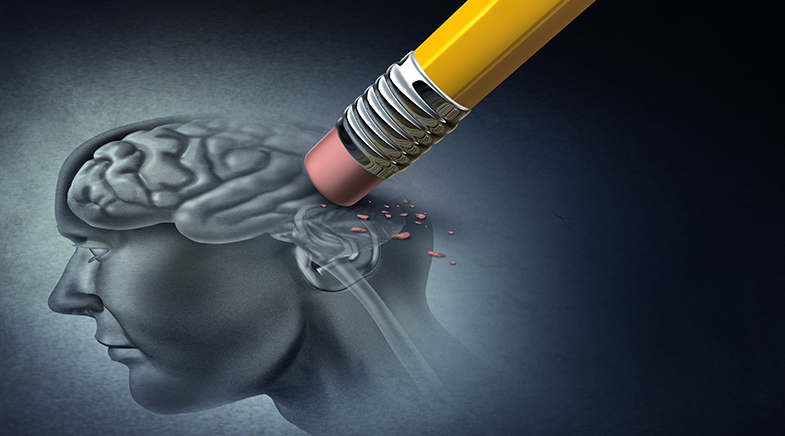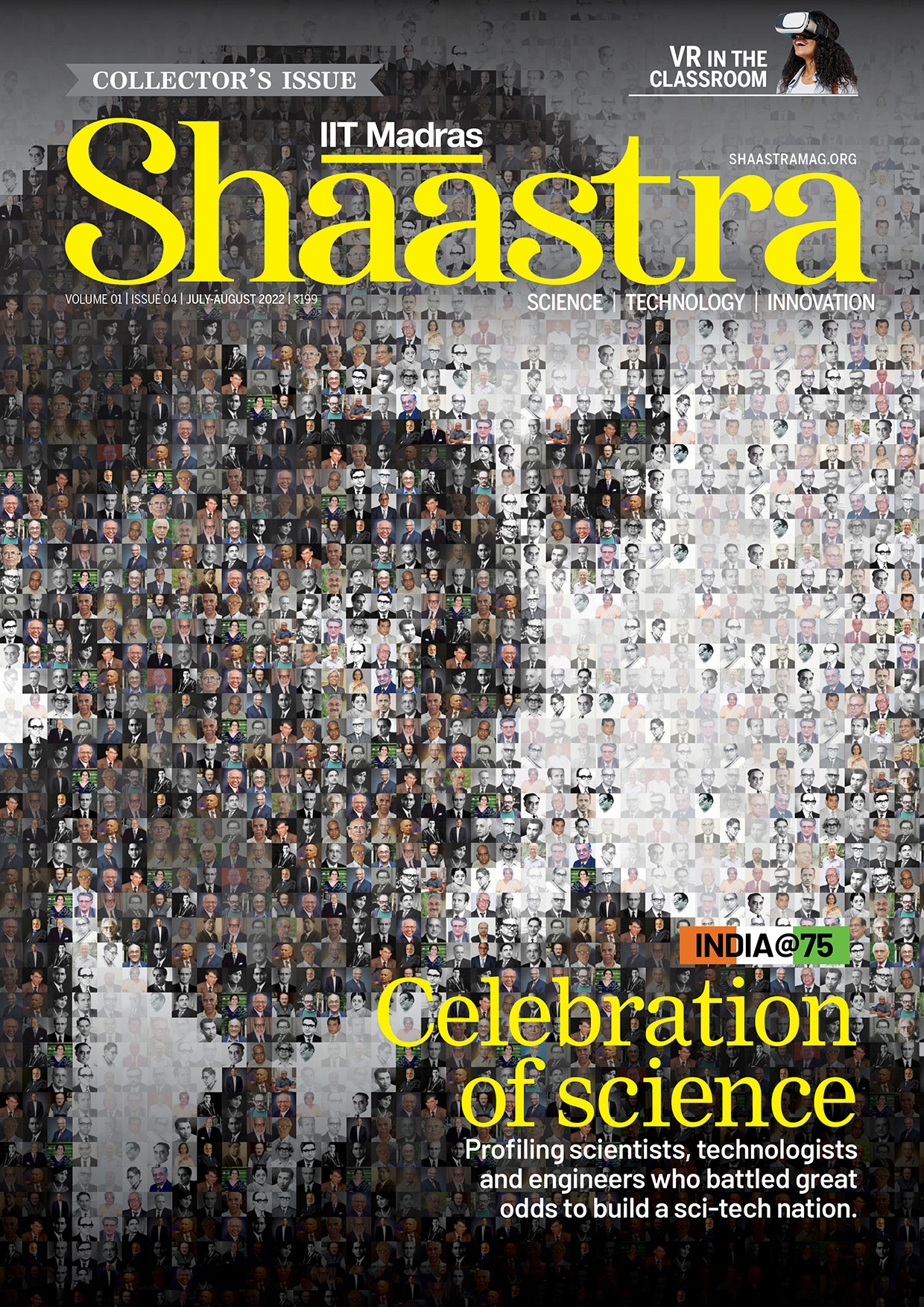A vision sensor learns to forget -- like the brain
-
- from Shaastra :: vol 02 issue 01 :: Jan - Feb 2023

Forgetting is essential for remembering. Taking this cue from neurosciences, a team of researchers has designed an optoelectronic sensor that mimics the human vision learning process. The device used a novel 2D-material called molybdenum disulphide (MoS2), which has excellent photosensitive properties. The sensor was developed by a team led by Saptarshi Das, Associate Professor of Engineering Science and Mechanics at Penn State University.
The device, reported in a recent issue of ACS Nano, adapts the process of learning by repeating the course of remembering and forgetting. "Forgetting is an essential part of the learning process," says researcher Akhil Dodda, the first author of the paper. The sensor consumes energy in the range of a nanojoule, an ultra-low unit of energy.
The vision sensor can be deployed in systems such as the military, security surveillance, neuromorphic systems or any monitoring or image capturing system in an energy-efficient way, Dodda adds.
"The human brain's capability inspires our team to develop a smart vision sensor that uses low power," says Darsith Jayachandran, another member of the team. Humans learn the most through vision. The human brain decides to store or delete any information depending on its importance.
PAST ISSUES - Free to Read


Have a
story idea?
Tell us.
Do you have a recent research paper or an idea for a science/technology-themed article that you'd like to tell us about?
GET IN TOUCH














